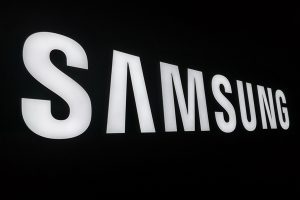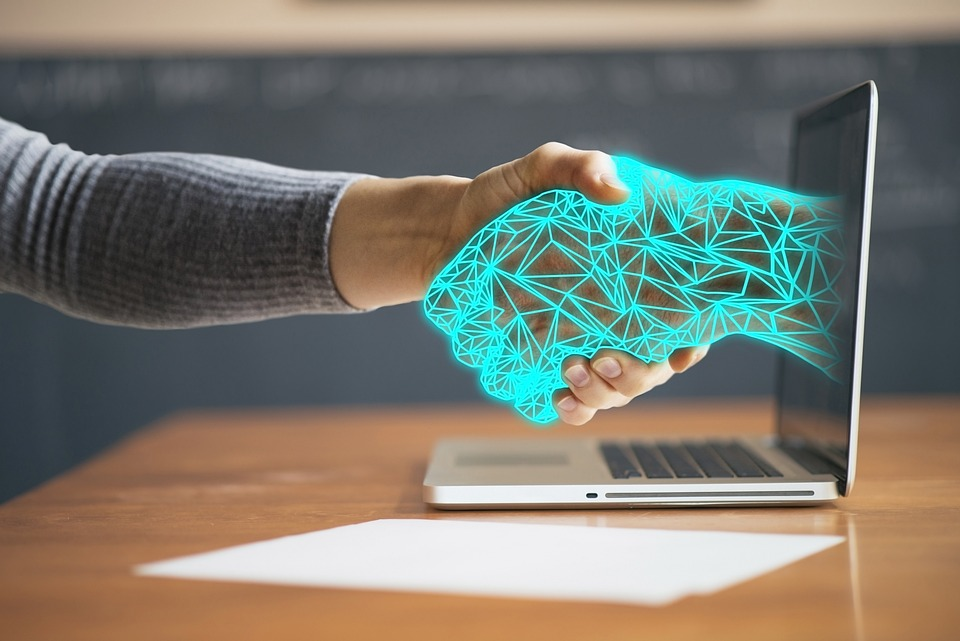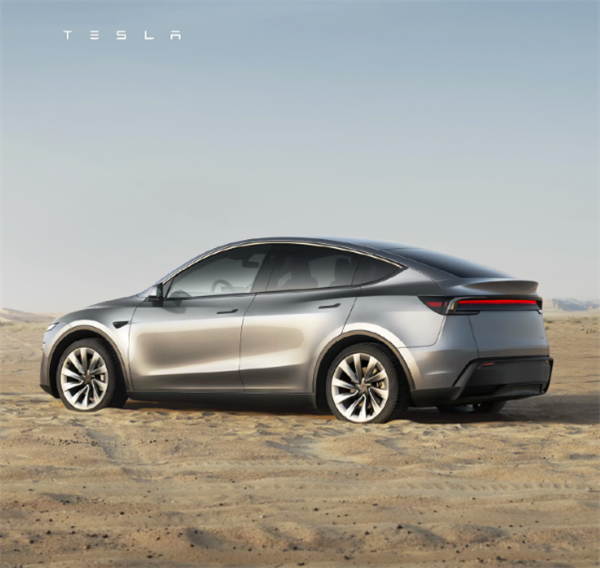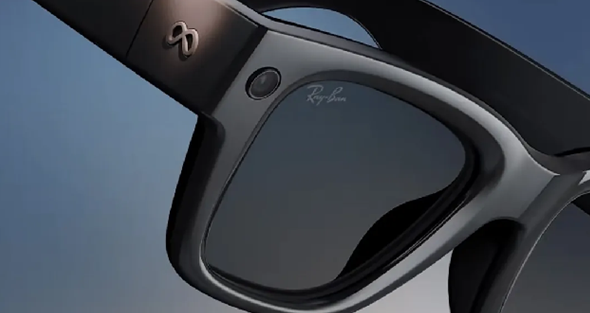October 17, 2025 – In late 2022, OpenAI, then a relatively obscure player, unleashed ChatGPT onto the world, setting off a seismic shift in the AI landscape and ushering in the current era of artificial intelligence. For Google, a tech behemoth with a long – standing commitment to AI research and development, this “ChatGPT moment” carried profound implications.
As reported by Business Insider, on Thursday (local time), Sundar Pichai, the CEO of Google and its parent company Alphabet, shared his insights at Salesforce’s annual tech conference, Dreamforce. During a conversation with Salesforce CEO Marc Benioff, Benioff posed a question to Pichai. Given that Google was widely regarded as the “undisputed leader” in AI at the time, he asked how Pichai felt when a “small company in San Francisco,” OpenAI, launched ChatGPT.
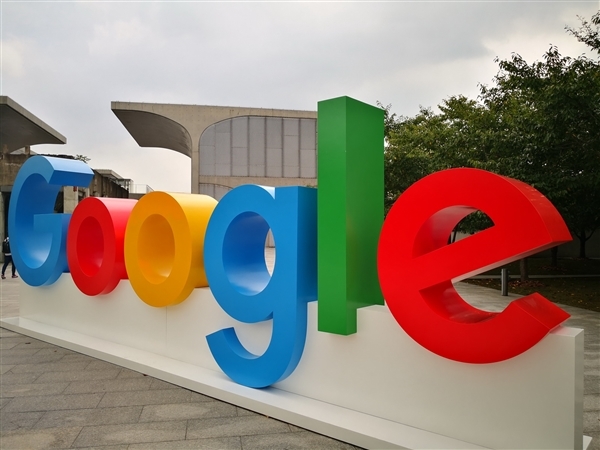
Pichai acknowledged that Google had already made significant strides in AI products, including having an in – house version of a chatbot. However, he agreed that OpenAI deserved credit for being the first to release a product to the public.
In late 2022, backed by Microsoft, OpenAI rolled out ChatGPT, which was widely seen as a major threat to Google’s AI dominance. According to The New York Times, Google’s management quickly sounded the “red alert,” and Pichai redirected multiple teams to work on AI – related projects.
Pichai drew parallels between this situation and other events he had witnessed in the consumer internet space. He recalled how, in 2006, when Google was developing video search, YouTube suddenly emerged. Similarly, when Facebook was dealing with the popularity of photo – based feeds, Instagram made a splash. It’s worth noting that Google later acquired YouTube, and Facebook bought Instagram.
“Under different circumstances, we might have waited a few more months to launch our chatbot,” Pichai said. “Back then, our product wasn’t yet at a stage where it could be officially released and gain user approval. It still had numerous issues.”
He also emphasized that Google had made substantial investments in AI, covering research teams, in – house chip development, and infrastructure construction. So, when ChatGPT was released, Google already had a solid foundation. “Contrary to how the outside world perceived it, I was actually very excited when ChatGPT came out. I realized that the window of opportunity had shifted,” Pichai remarked.
Shortly after ChatGPT’s launch, Google didn’t immediately roll out a competing chatbot because it faced higher “reputation risks” compared to OpenAI.
Subsequently, in March 2023, Google introduced its own chatbot, initially named Bard, which was later rebranded as Gemini.


